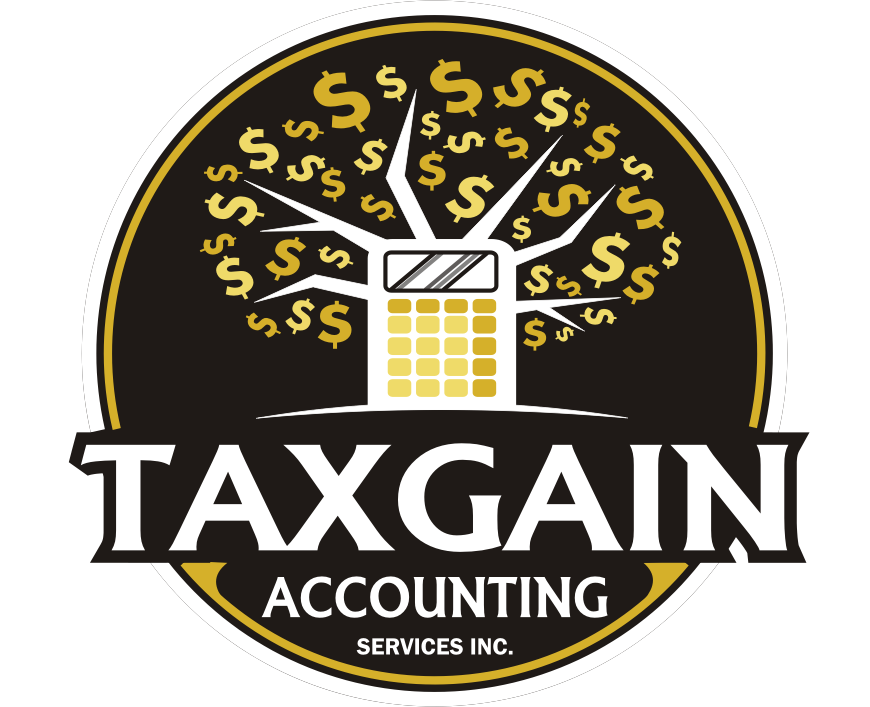
In Canada, various sources of domestic and foreign income are taxed, although individuals can claim a tax credit for taxes paid in foreign countries. Taxable income includes income from employment or self-employment, pensions, rental properties, royalties, financial investments and numerous government benefits; some of these benefits relate to Government of Canada COVID-19–related payments. Certain other sources of income are not taxed, such as most lottery winnings, gifts, inheritances, and selected life insurance and government benefits.
Unlike in some other countries, in Canada, personal income taxes are generally calculated based on individual – rather than family – income. While Indigenous peoples in Canada are subject to the same income tax rules as other residents of Canada, some individuals who are a Status First Nation might qualify for specific tax exemptions outlined in Section 87 of the Indian Act. From a personal income tax perspective, these exemptions apply to income earned on a reserve or that is considered to be earned on a reserve.
Taxpayers are entitled to earn income tax-free up to a defined amount known as the basic personal amount, and those aged 65 and older can also claim the age amount if their income does not exceed a specific amount. Moreover, taxpayers may claim an amount for a spouse, common-law partner or eligible dependant. This amount, which is equal in value to the basic personal amount, is reduced on a dollar-for-dollar basis by the net income of the spouse, common-law partner or dependant.
As well, the personal income tax system contains credits and deductions that recognize a variety of personal expenses that may be incurred during the year. These expenses include certain costs relating to child care; employment; medical expenses; union dues; contributions to pension plans and the Employment Insurance program; and charitable donations. As well, credits and deductions are available for various individuals, including some Canadians who have disabilities; volunteer firefighters and search-and-rescue volunteers; and Northern residents.
Since 2007, spouses or common-law partners can split their eligible pension income, with up to 50.0% of that income allocated to the spouse or common-law partner with the lower income.
The federal dividend tax credit can be claimed by investors to reduce income taxes payable on the dividends that they receive from taxable Canadian corporations.
Finally, since 1972, capital gains – which occur when an asset’s sale price exceeds its purchase price – have been taxed. Since 18 October 2000, 50.0% of this capital gain has been taxed; this rate has varied over time.

